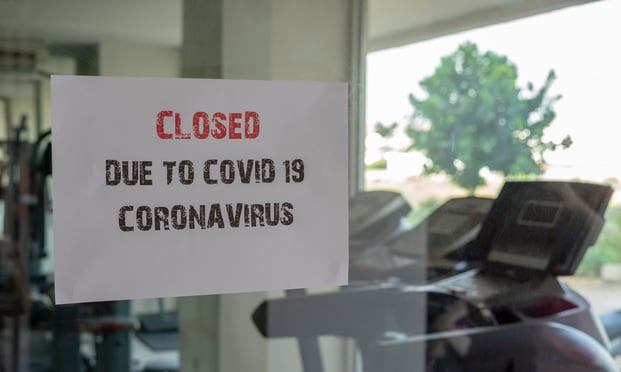 Insurers should be nervous that policyholders will discover additional proof that the insurers' understanding of "physical loss or damage" contradicts their claims in courts. (Credit: Neptunestock/Shutterstock)
Insurers should be nervous that policyholders will discover additional proof that the insurers' understanding of "physical loss or damage" contradicts their claims in courts. (Credit: Neptunestock/Shutterstock)
One of the Ten Commandments is "You shall not bear false witness against thy neighbor." Basically, don't lie. That's not only a key tenet of religious traditions around the world, it's also a simple principle we teach children. It's becoming evident, however, that insurers haven't followed it with regard to COVID-19 insurance claims. More evidence now available to the public shows insurers did not actually believe the central theme to the sermon they've preached when defending pandemic-related business interruption claims.
Recommended For You
Want to continue reading?
Become a Free PropertyCasualty360 Digital Reader
Your access to unlimited PropertyCasualty360 content isn’t changing.
Once you are an ALM digital member, you’ll receive:
- Breaking insurance news and analysis, on-site and via our newsletters and custom alerts
- Weekly Insurance Speak podcast featuring exclusive interviews with industry leaders
- Educational webcasts, white papers, and ebooks from industry thought leaders
- Critical converage of the employee benefits and financial advisory markets on our other ALM sites, BenefitsPRO and ThinkAdvisor
Already have an account? Sign In Now
© 2025 ALM Global, LLC, All Rights Reserved. Request academic re-use from www.copyright.com. All other uses, submit a request to [email protected]. For more information visit Asset & Logo Licensing.








